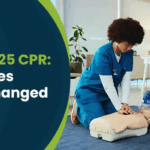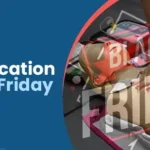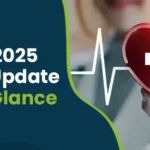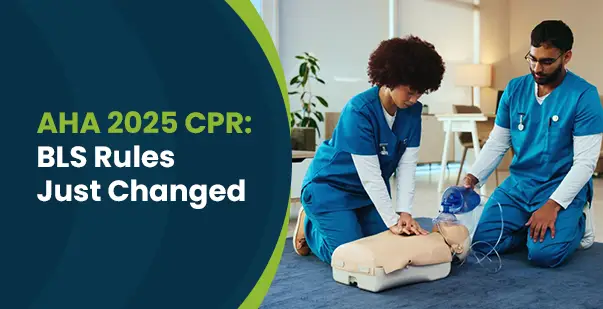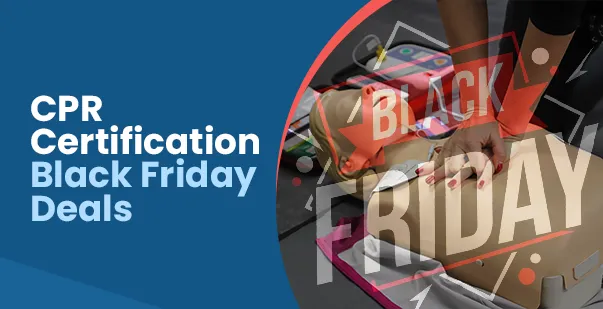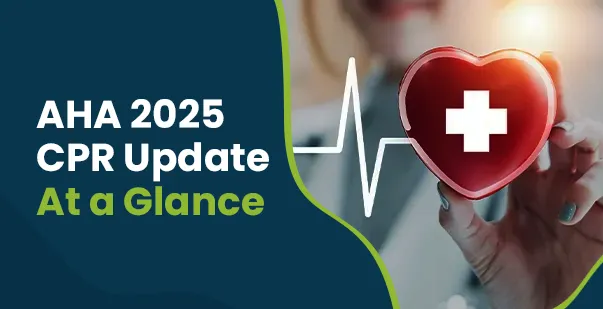CPR is a life-saving technique used to restore the breathing and blood circulation of a person who is unconscious and not breathing. It is often used in cases of sudden cardiac arrest which occurs without warning. In a sudden cardiac arrest, the heart stops pumping blood to the body. There are two main components to CPR:
- Chest compressions: Chest compressions involve pressing down on the chest with a rhythmic pattern.
- Rescue breaths: Rescue breaths involve blowing air into the person’s mouth to help them breathe.
Trained individuals should perform CPR as they have received proper instruction and certification. It is important to call 911 and seek medical help as soon as possible when someone needs CPR. There are different guidelines for performing CPR. They are based on the age of the person and whether they are an adult, child, or infant.
- For adults: The standard CPR procedure involves pressing down on the chest at a rate of about 100 compressions per minute. Each compression has to be approx. 2 inches deep to be effective.
- For children: The compressions should be lighter and slower.
- For infants: The compressions should be even softer and slower.
The best way to learn the right CPR techniques is by taking the online CPR course from American HealthCare Academy. It is important to continue giving CPR until medical help arrives or the victim starts breathing. It is impertinent to follow proper hygiene practices. For example, wearing gloves or using a face shield, to reduce the risk of infection. CPR can be a life-saving technique in cases of cardiac arrest, but it is not always successful. But it can buy valuable time. It can increase the chances of survival until medical professionals arrive and provide further treatment.

Be Prepared. Be CPR Certified.
Start your online CPR training today and learn life-saving skills.
Who needs a CPR certification?
Anyone who works in a healthcare setting or occupation where they may be required to perform CPR on a patient, such as:
- Nurses
- Doctors
- Paramedics
- EMTs
- Dentists
- Chiropractors
- Physical therapists
- Lifeguards
- Fitness trainers
- School teachers
- Daycare workers
- Security guards
- Hotel employees
Additionally, anyone who volunteers for charity organizations or takes part in community CPR programs may also need to get certified in CPR.
4 Most Asked Questions on Google
Here’s a list of top 4 CPR online certification FAQ’s:
1. Is online CPR certification legitimate?
Yes, online CPR certification can be legitimate. It has to be issued by a reputable organization that is accredited by the American Heart Association (AHA), the American Red Cross (ARC), or another recognized certifying body. These organizations offer online courses. They include a video-based training component as well as a skills test that must be completed in person with a certified instructor. Are Online CPR Certifications Valid? – Yes! They are. The online CPR certification offered by American HealthCare Academy meets all the requirements and has a 98% acceptance rate.
2. Can I use online CPR certification for employment or other purposes?
It depends on the specific requirements of the organization or agency you are trying to meet. Some employers may accept online CPR certification, while others may need in-person training. It is important to check with the specific organization to determine its requirements.
3. How long is online CPR certification valid?
“How to Find If My CPR Certification is Valid?” is a very important question for anyone thinking of doing CPR certification online. The validity of CPR certification varies. It depends on the certifying organization and the type of course you take. Generally, CPR certification is valid for 2-3 years. Some organizations may require you to renew your certification more frequently. While others may allow you to take a refresher course to maintain your certification. You can check it on the training provider’s website.
4. Is online CPR certification sufficient for healthcare professionals?
Online CPR certification may be sufficient for some healthcare professionals. But it is important to check with your employer and any relevant licensing boards to determine their requirements. Many healthcare facilities and organizations have specific training and certification requirements for CPR and other emergency procedures that may go beyond the basic level of training provided by online courses.
Conclusion
Online training and certification programs for CPR and AED are available from American HealthCare Academy. OSHA-certified industry specialists have designed the courses. You can enroll in the 100% free-of-cost online courses at any time and from any location. It costs nothing to take any of the courses. Payment is only required when you want to download your certificate. You’ll also accumulate CE hours. Your search for the best CPR course ends here. Register now!
